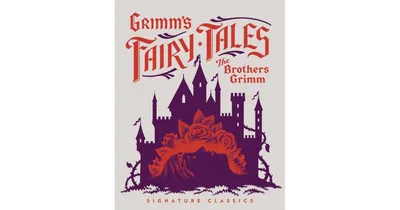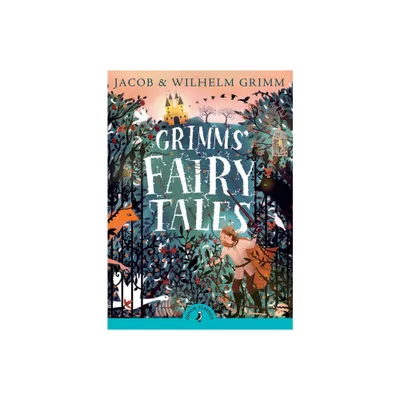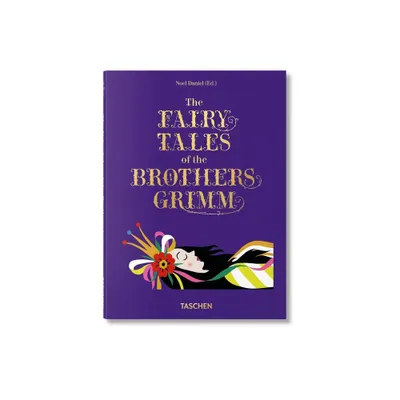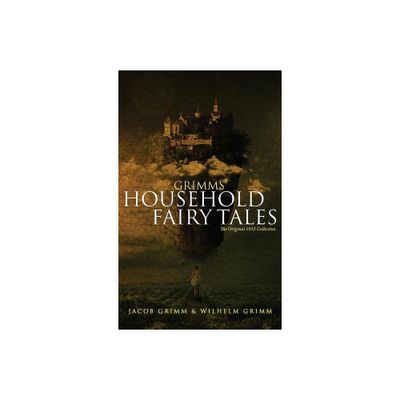Home
The Owl, The Raven, and the Dove: The Religious Meaning of the Grimms' Magic Fairy Tales
Loading Inventory...
Barnes and Noble
The Owl, The Raven, and the Dove: The Religious Meaning of the Grimms' Magic Fairy Tales
Current price: $170.00


Barnes and Noble
The Owl, The Raven, and the Dove: The Religious Meaning of the Grimms' Magic Fairy Tales
Current price: $170.00
Loading Inventory...
Size: OS
*Product Information may vary - to confirm product availability, pricing, and additional information please contact Barnes and Noble
The fairy tales collected by the brothers Grimm are among the best known and most widely-read stories in western literature. In recent years commentators such as Bruno Bettelheim have, usually from a psychological perspective, pondered the underlying meaning of the stories, why children are so enthralled by them, and what effect they have on the the best-known tales (
Hansel and Gretel, Little Red Riding Hood, Cinderella, Snow White,
and
Sleeping Beauty
) and shows that the Grimms saw them as Christian fables. Murphy examines the arguments of previous interpreters of the tales, and demonstrates how they missed the Grimms' intention. His own readings of the five so-called "magical" tales reveal them as the beautiful and inspiring "documents of faith" that the Grimms meant them to be.
Offering an entirely new perspective on these often-analyzed tales, Murphy's book will appeal to those concerned with the moral and religious education of children, to students and scholars of folk literature and children's literature, and to the many general readers who are captivated by fairy tales and their meanings.
Hansel and Gretel, Little Red Riding Hood, Cinderella, Snow White,
and
Sleeping Beauty
) and shows that the Grimms saw them as Christian fables. Murphy examines the arguments of previous interpreters of the tales, and demonstrates how they missed the Grimms' intention. His own readings of the five so-called "magical" tales reveal them as the beautiful and inspiring "documents of faith" that the Grimms meant them to be.
Offering an entirely new perspective on these often-analyzed tales, Murphy's book will appeal to those concerned with the moral and religious education of children, to students and scholars of folk literature and children's literature, and to the many general readers who are captivated by fairy tales and their meanings.


















